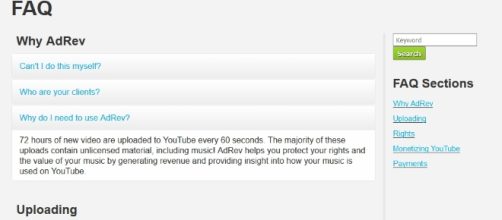In the 1990s spamdexing was an unsolved and unchallenged problem, but Google’s entry with its algorithm technique helped to check this tendency to a great extent. A few years back it was very easy to get a firm ranking in Google search with effective keywords, but now it has really become a tough job for online marketers. Before analyzing the bad effect of this technique, first, we should know how it works.
Spam links/Spam dexing
SEO marketing can be divided into Black Hat Seo and White Hat SEO. Black hat SEO concentrates on getting higher search engine rankings without following the rules.
The techniques which come under Black hat are blatant keyword stuffing, blog content spamming and hidden texts and link to get top ranking for websites. This results in the banning of the targeted website and penalization for following unethical ways. The spamdexing or Spam links is categorized as content spam and link spam.
Link spam is created to manipulate the link-based algorithms by attaching the rough website to some higher ranking websites. There are many ways of using this technique like private blog networks, hidden links, link building software, spam blogs, guest blog spam, cookie stuffing and buying expired domains, and meta tag stuffing. It is simply a practice of modifying HTML pages and misleading search and indexing programs to give an obsolete webpage higher ranking.
What is Google doing to curb this problem?
Google has webmaster tools that send email alerts to the concerned website when it has been attacked by malware, is not indexed, has server connectivity issues, or is getting a manual penalty by the brand.
Google Penguin is also a very effective approach, as it updates its algorithmic filter to diminish the ranking of websites that use black hat measures to gain high ranking in search results. The criteria for doing this is to shortlist those who don’t follow the webmaster quality guidelines, spam forums, cookie spam, link building schemes and other Negative SEO marketing tactics.
To protect the your website, one has to understand what exactly it means to be spamdexed.
When you start receiving links from foreign websites or forums with URL’s like .biz, .pl, .cz, .bg and .ifo, that means Russian sites are at work. The other indication is anchor links from bizarre blogs from multiple resources, porn sites, gambling sites, financing sites, or something very different from keywords related to your page -- this means your page is at risk.
The first method is to set up the Google webmaster tool and disavow tool which sends email alerts in case of any infringement. The second way is to audit backlinks and protect your best backlinks. The installment of anti-malware and hacking tools to keep the website safe and protected is also a good idea. Tools like Copyscape, Moz, and Open Site Explorer are very effective in order to check for duplicate content and social media mentions.
Moreover, the term “attention” is very crucial to keep one’s websites’ ranking on track using the above-mentioned ways, and to avoid becoming a victim of Spamdexing.


